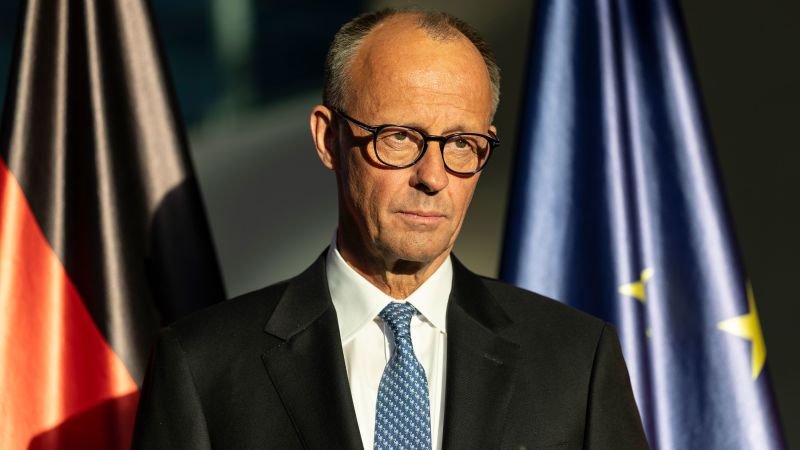Germany's Rare Criticism of Israel's Gaza Actions: A Shift in Decades-Long Support?

Germany's unwavering support for Israel has been a cornerstone of its foreign policy for decades, deeply rooted in the nation's historical responsibility for the Holocaust. However, recent statements by German Chancellor Olaf Scholz, publicly criticizing Israel's military conduct in Gaza, have sent ripples through international relations and sparked debate about the future of this crucial alliance. This seemingly minor shift in rhetoric carries significant weight and raises critical questions about Germany's evolving stance on the Israeli-Palestinian conflict.
A Legacy of Unquestioning Support
The historical context is paramount to understanding Germany's position. Following World War II and the horrors of the Holocaust, Germany has felt a profound obligation to stand with Israel, viewing it as a vital safeguard for Jewish people and a testament to the need to combat antisemitism. This commitment has translated into consistent political, economic, and military support, often overriding criticism of Israeli policies. For years, any questioning of Israel's actions was met with strong resistance, framed as insensitive to the historical trauma that shaped German identity.
The Turning Point: Scholz's Remarks
Chancellor Scholz's recent comments, while carefully worded, marked a departure from this established norm. He expressed concern over Israel's military actions in Gaza, emphasizing the need for adherence to international law and the protection of civilian lives. While stopping short of outright condemnation, the public nature of this criticism—coming from the highest levels of the German government—was unprecedented. It signaled a growing discomfort within Germany regarding the escalating humanitarian crisis and the disproportionate impact of the conflict on Palestinian civilians.
Why This Matters: Geopolitical Implications
The significance of this shift extends far beyond German domestic politics. Germany is a major economic power and a key player in the European Union. A softening of Germany's unconditional support for Israel could influence the EU's overall approach to the conflict, potentially leading to increased pressure on Israel to de-escalate and engage in meaningful peace negotiations. Furthermore, it could embolden other nations to voice concerns about Israel's actions without fear of being accused of antisemitism.
Internal Divisions and the Future of the Relationship
It's important to note that Scholz's remarks reflect a growing internal debate within Germany about its relationship with Israel. While a majority of Germans remain supportive of Israel's right to exist and defend itself, there is increasing concern about the humanitarian consequences of the ongoing conflict and a desire for a more balanced approach. The German government faces the delicate task of upholding its historical commitment to Israel while also addressing the concerns of its own citizens and the international community.
Looking Ahead: A New Chapter?
Whether Scholz's remarks represent a fundamental shift in German policy or merely a temporary expression of concern remains to be seen. However, they undoubtedly highlight the evolving dynamics of the Israeli-Palestinian conflict and the challenges facing nations grappling with their historical legacies and contemporary geopolitical realities. The future of Germany's relationship with Israel will likely be shaped by the trajectory of the conflict and the ongoing debate within Germany about the balance between historical responsibility and the pursuit of a just and lasting peace.






